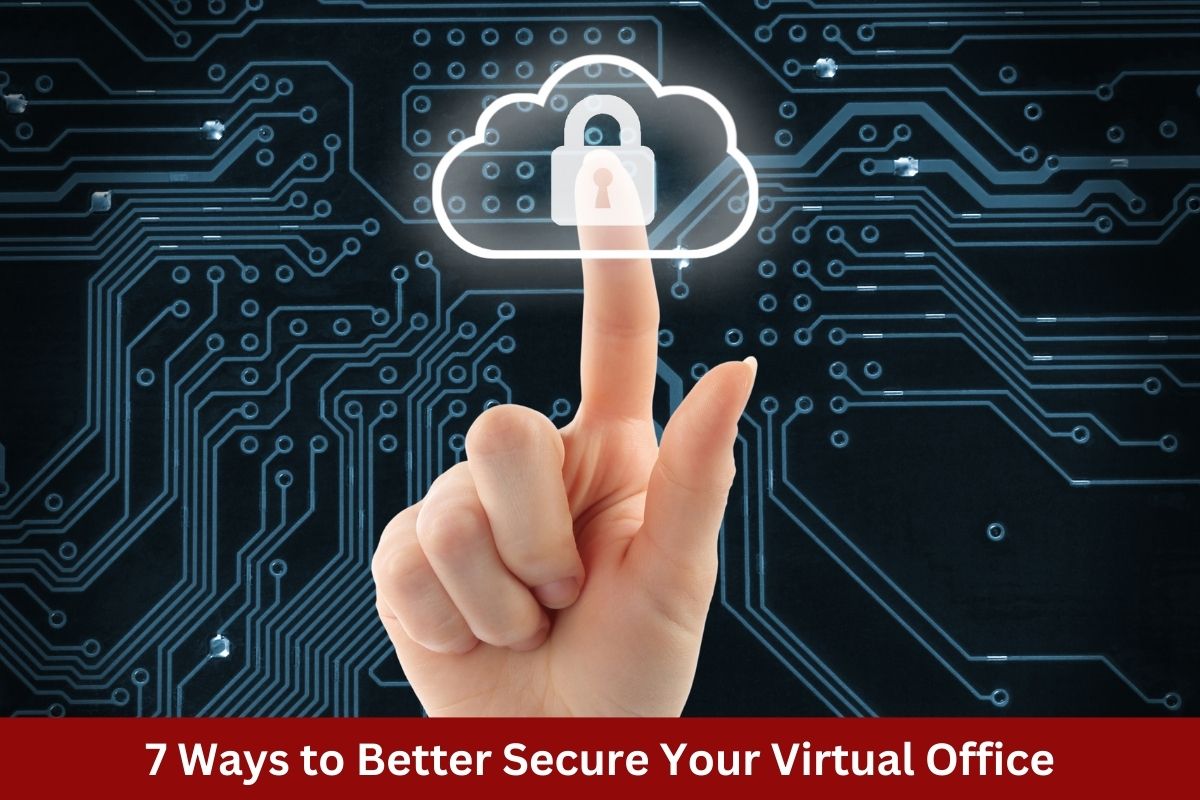It’s no secret that the business world has gone virtual. A virtual office can save you time and money while allowing you to maintain control of your work schedule. But as businesses continue to go virtual, the risk of cybercrime increases. So how can you better secure your virtual office? Here are seven tips to help you feel good about your virtual office’s security.
Increase security
One of the best ways to secure your virtual office is by increasing security measures. These security measures can include installing a firewall, using antivirus software, and encrypting your data. You should also create strong passwords and change them regularly.
Limit access
Another way to better secure your virtual office is by limiting access. You can do this by requiring passwords for logging in, setting permissions for different users, and restricting access to sensitive data. As you limit access, give employees the training they need to understand and follow your security procedures.
Be vigilant
It’s essential to be vigilant when it comes to cybercrime. Be aware of what you’re clicking on, and be suspicious of emails that ask for personal information. Keep your antivirus software up-to-date, and don’t open suspicious files or links. In addition, your employees should know how to spot a phishing email.
Backup your data
Backing up your data is another important way to protect your virtual office. Make sure you have a backup plan in case of a cyberattack or system failure. You can back up your data manually or use a cloud-based service. There are plusses and minuses to each method, so choose the one that’s right for you.
Stay informed
Staying informed about the latest cyber threats is another crucial way to protect your virtual office. Remember to subscribe to a security newsletter or blog and keep your antivirus software up-to-date. One way to stay informed is to attend security conferences or webinars. These usually offer great tips on protecting your business and the latest scams and attacks.
Use a VPN
A VPN (virtual private network) can help secure your virtual office by encrypting your data and preventing others from seeing your traffic. A VPN is a valuable tool for businesses conducting many online transactions. Not only will it protect your data, but it can also improve your internet speed. While a VPN is not a cure-all, it’s an essential step in protecting your virtual office.
Hire a professional
If you’re not very confident in your ability to secure your virtual office, you can always hire a professional. Some companies specialize in cybersecurity and can help you assess your risks and implement measures to protect your business. Look for a company that offers a comprehensive security solution and understands your business needs.
Conclusion
Cybercrime is a growing threat, and virtual offices are particularly vulnerable. But by taking some simple steps, you can better protect your business. By increasing security, limiting access, being vigilant, backing up your data, and staying informed, you can help keep your virtual office safe from cyberattacks.
